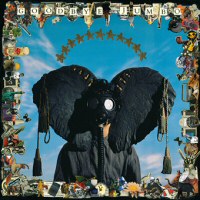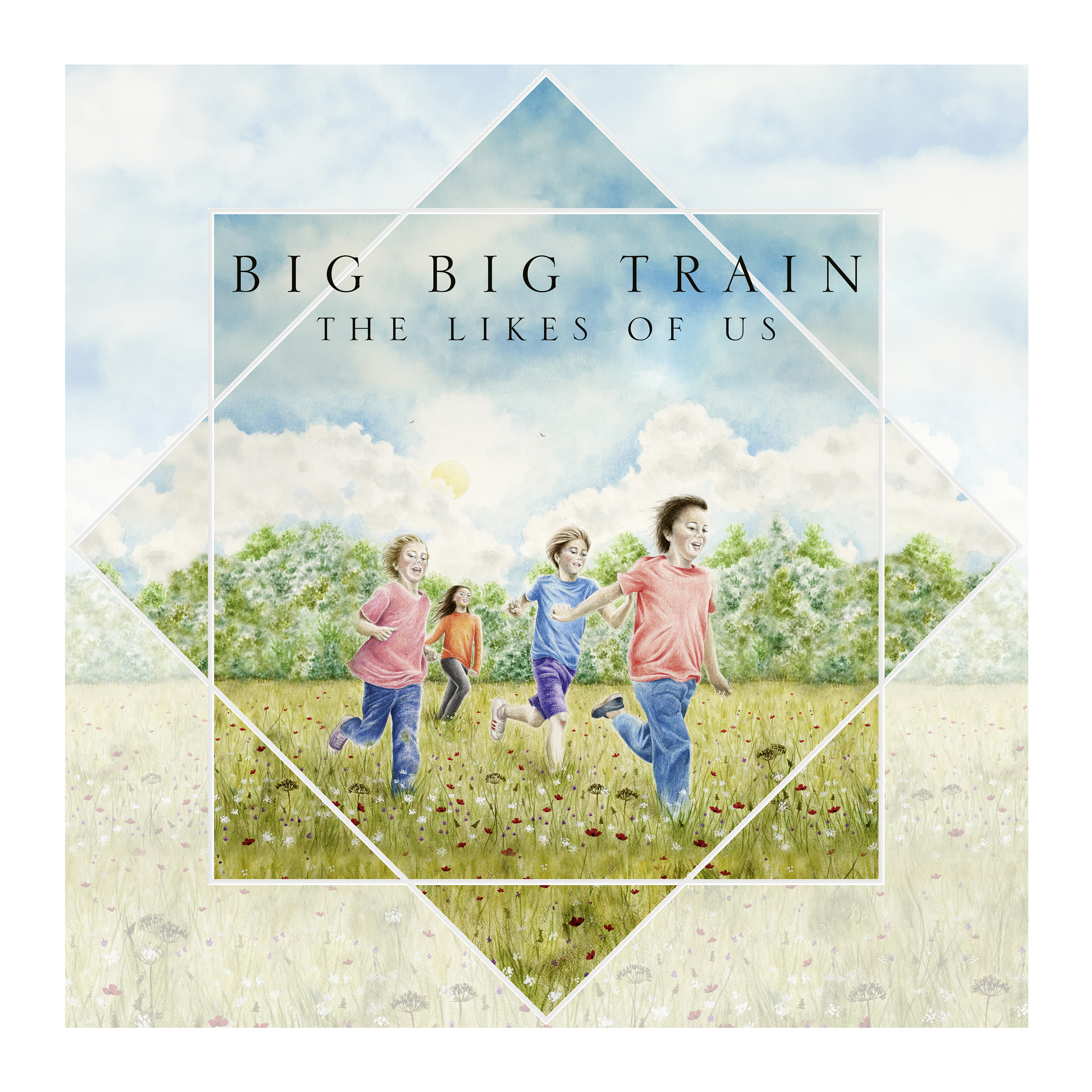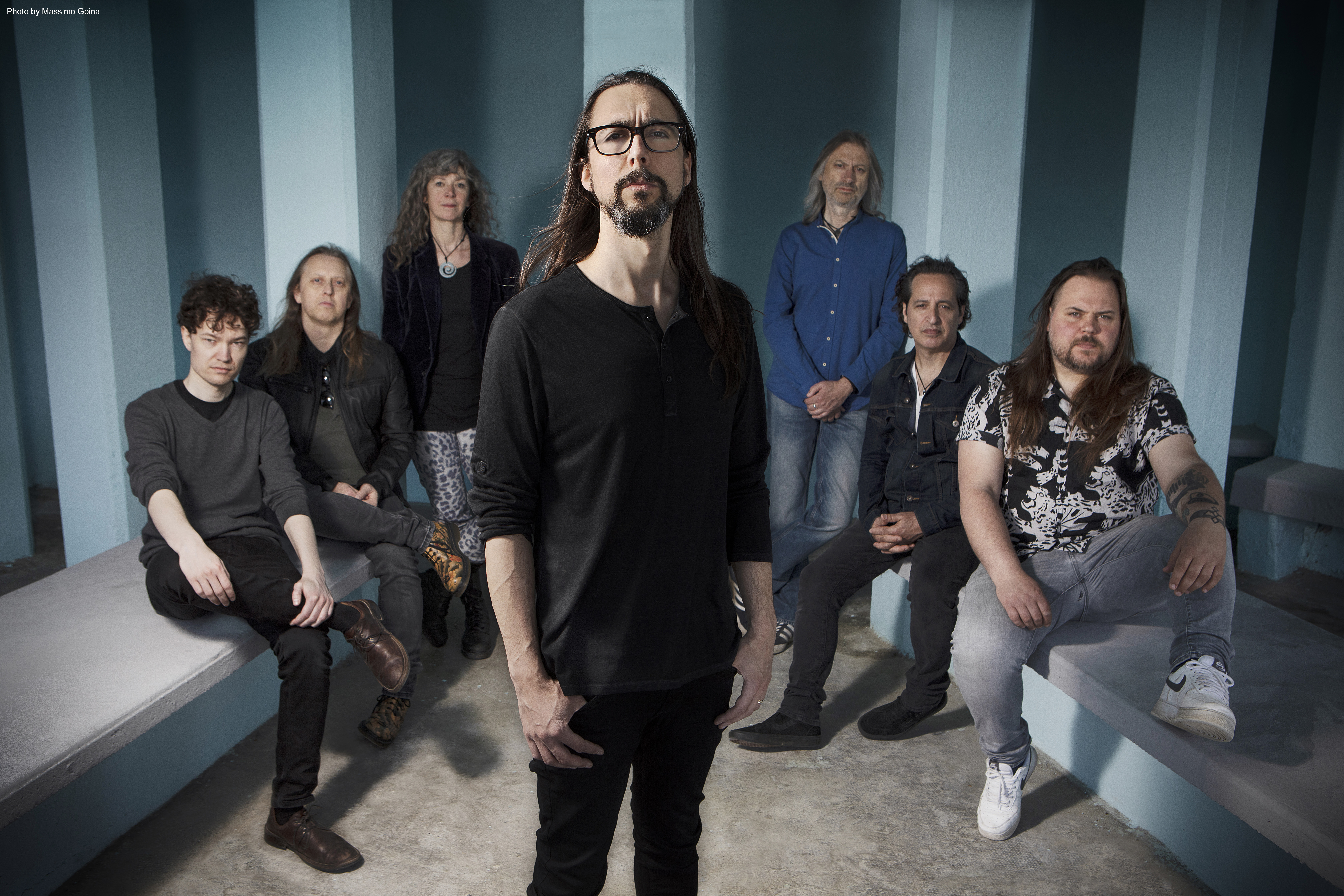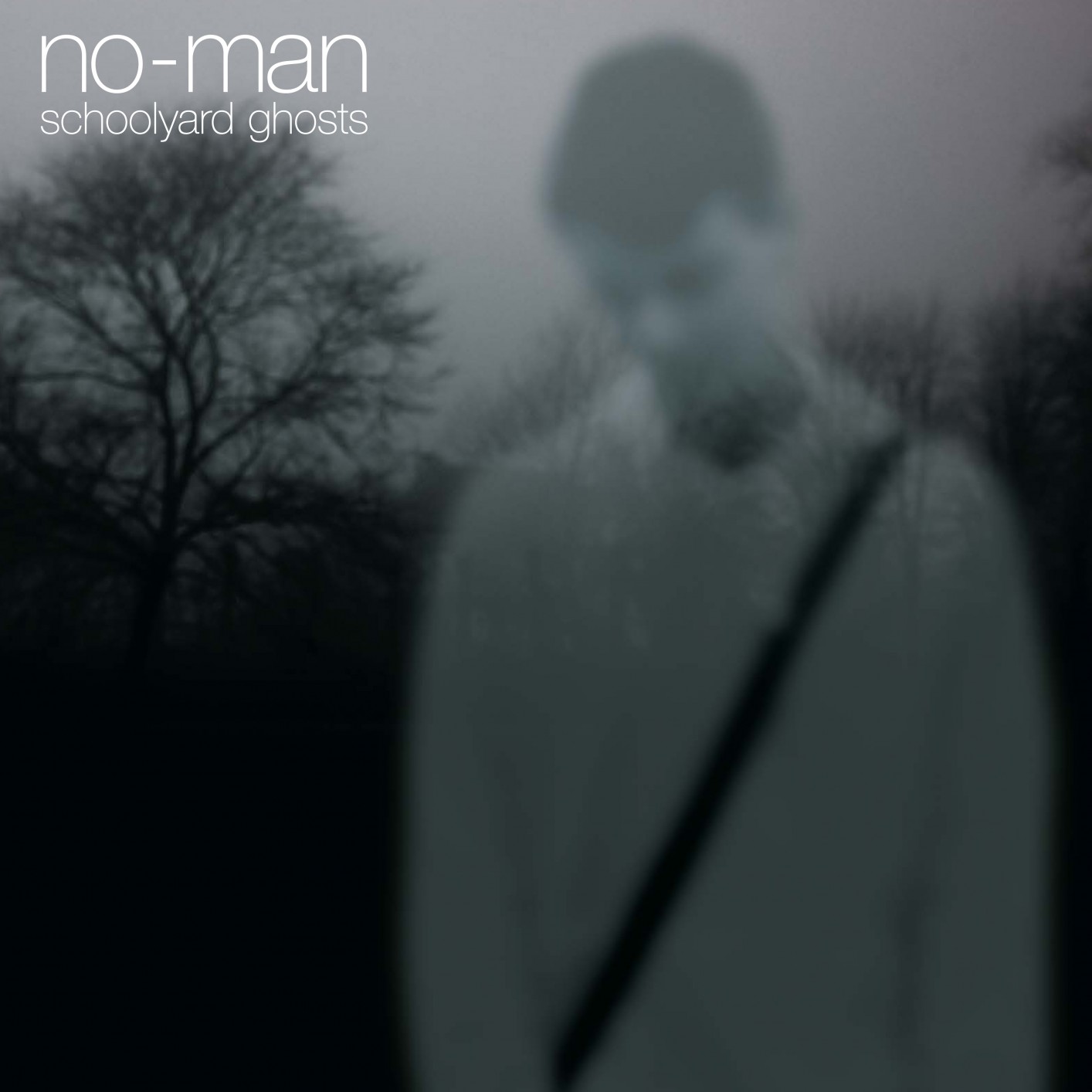BY RICHARD K MUNRO


When I feel disappointed or have negative feelings I turn to literature. I like to re-read Stoic Philosophers and the Bible. I have a wonderful little book called LINCOLN’S DEVOTIONAL which was edited by Carl Sandburg. I also write little quotes in the book which I review from time to time. O often carry it in my pocket when walk in the park. I wrote (from Ovid) Temporis ars medicina fere est (Time is a great medicine or healer). Yes, this too shall pass. I have an other quote by TR: “Do what you can where you are with what you have.”We have a situation in our life: We are older and feel more pain and have less energy. But we count our blessings- we can still walk and hear and see and think reasonably well. If my eyes are sore I use eyedrops. If I am still fatigued or have a headache I listen to Audible Books or music. Sometimes I just sing an old song from memory.I remember my father used to say. “God made man strong only for a while so we can help others.” As Romans said. “We that are strong ought to bear the infirmities of the weak and not to please ourselves.”
When weaker people we despise, we do the great Redeemer wrong. For God, the gracious and the wise receives the feeble and the strong.Let us do good to all men especially to those in the household of faith. (Galatians).We have people in our lives who worry us and disappoint us. Arguing and accusing does nothing positive. Sometimes one has to be patient and listen and pray for that person.Praying for the well-being of a person is often more effective that fighting with that person. Why am I frustrated with that or this person? Is it because I really care about that person or is it because I find it embarrassing for me personally?So following Epictetus it is NOT THAT PERSON who spoils or affects my life. It is how I emotionally think about the situation. I can be angry and confrontative OR I can be philosophical and patient and pray with sincere love. I can tell the person I will be there in reserve any time I am needed. Ultimately you cannot do that person’s exams or work. You cannot force them to stay home or stay sober. You cannot force that person to love you our be your friend.All you can do is encourage them to make good choices. You choose how you want to respond. I like to think of the good side. This person is not dead. This person is not sick or injured (he survived a car wreck). This person did not hurt or kill anybody else. It is unfortunate to total a car and lose the use of it but the car is just so much rust and metal anyway. This person could have parked the car on the street, clean and shiny and in good repair and then walked across the street and been killed by a passing bus. What is better to have the person you love or a late model car? We all have ups and downs in life and hopefully and thankfully we can learn from mistakes and do better in the future.We choose how we spend our hours of lucidity and reasonable health. It does not good to be sad and bitter that we do not have the energy when had when we were 25 or 35. Be glad you worked hard in youth to provide some security in your old age! Quien joven no trabaja viejo duermo sobre paja (If you don’t work when you are young you will regret it -suffer humiliations even homelessness when you are old.).I remember my father always had two great worries:
1) being evicted and then homeless
2) not having enough to eat or fresh water to drink.
3) not having a regular job.I used to call him on the phone long distance, and he would always say “HOW’S YOUR WEE JO-AB? (job). He figured if you were working you are in reasonable health and gaining a reasonable security. He also advised me NEVER TO SPEND my “bottom dollar” (better to go hungry) and try to have always a free and clear car, some food on hand (even if it was just peanut butter and crackers or oatmeal) and enough money for gas or transportation.Your next goal was to own your own home. In itself it was a good investment (or could be ) and forced savings. I am glad I took an economics class in high school and one year of economics in college! I am very glad that when I studied to be a teacher I was working FULL TIME at a Bank (including nights and weekends) to provide insurance and some security for my family but ALSO TO LEARN about CREDIT, INTERESTS RATES,
FRAUDS, IDENTIFY THEFT, BANKRUPTCY and FINANCE.We started modestly with a condominium then a home in a reasonable neighborhood (we were considered rich) than a home in a nicer neighborhood (we were considered poor!). My son was a boy scout in his old school. When we moved to the new neighborhood he had to join another troop. He wasn’t accepted. Each parent had to organize activities. Ours were not fancy enough. Once we organized an outing to the local minor league baseball team. No one showed up. My son was very disappointed be we had a good time. He decided to quit the Boy Scouts. But instead he took SPORTS OFFICIATING and later made money officiating SOCCER, BASEBALL and BASKETBALL. He played soccer, basketball and baseball in high school. In college he played on an all-boys practice basketball team against the Varsity Girl team. He did that for one year. He tried to get scholarship. They didn’t offer him one so he quit that and played on intramural teams. Eventually he became a teacher and a successful coach in baseball and soccer. His knowledge and experience prepared him for a satisfying career which he enjoys very much. His coaching led to him meeting people in professional baseball and now (part-time) he tutors and mentors rookie players from Spanish-speaking countries.None of our children had cars in high school. But many of their classmates had luxury cars of their own and had active hedonistic social lives. Parties, ski trips, secret drinking. When our children were in college they helped pay their own way. When they had jobs and NEEDED a car for safe transportation, we helped them by sharing our second car with them or helping them buy a used car. It turned out, over the years, we never have a second car for ourselves which mean I did not have my own personal car. But we lived perfectly happy.
By working during college our children reduced their school debt to a minimum and gained a great appreciation for studies and leisure time. Our children paid their own rent and daily expenses themselves. We helped them 1) get their first car -a used car 2) we gave them AAA cards and gas credit cards (FOR EMERGENCIES ONLY). They never abused the privilege and in fact I remember my daughter would send tip money to my wife to help pay the Chevron bill. We never paid a penny of interest on those cards!Children have to learn the value of money and the value of work early in life. By 18 a youngster should be contributing to his or her upkeep. The most important thing is to get EXPERIENCE and to develop the DISICPLINE of getting up every day and showing up on time for work. That means sometimes working nights or weekends.Yes, it is hard to work and easier to play and sleep in.But we choose how to respond to our problems in life and if we work hard and are sober and judicious we can create the outcomes we want or at least outcomes that are better if we had not planned and made good choices. In each life some rain shall fall But if we have a roof over our heads, an umbrella, a hat and a raincoat we will get through the storm more easily
















You must be logged in to post a comment.